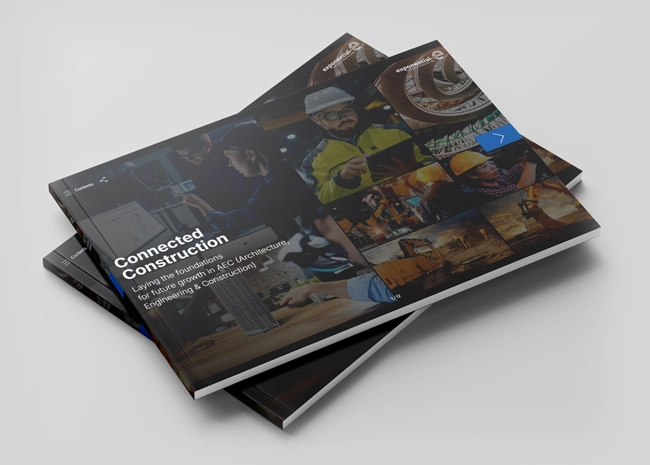In a period of global upheaval, the AEC sector is demonstrating its resilience
The turbulence of the current geopolitical situation has affected numerous sectors, who must not only consider how to protect their infrastructure from anticipated cyber-attacks, but also ensure that they are able to maintain business-as-usual as possible against a backdrop of global disruption to supply chains. As a sector that depends on the ready availability of materials, the UK's AEC sector has been particularly affected.
Many firms are still in the process of considering how to manage these upheavals, particularly those with projects in the regions affected by the current conflict, with several high-profile projects completely paused until further notice[1]. In such cases, should projects eventually be abandoned altogether, firms who have not incorporated measures with which to retrieve their funds will face a significant financial loss.
[1] https://www.bdonline.co.uk/news/grimshaw-chairman-predicts-projects-will-stop-amid-escalating-ukraine-crisis/5116198.article
- The development of procurement strategies to ensure critical materials and components can be stockpiled wherever possible, rather than acquired on an as-needed basis, in order to create an additional layer of resilience.
- The need for more diverse supply chains and the cultivation of secondary supplier relationships, limiting the sector's dependence on a select number of routes and suppliers and, in turn, minimising the impact of any future disruptions. This must include a more rigorous process for evaluating new suppliers, in order to gain full visibility of where their materials are sourced from, to ensure no arrangements are indirectly made with nations currently facing sanctions.
- An increased focus on risk management plans that will optimise the sector's overall resilience when faced with large-scale disruptions, by identifying and securing any potential vulnerabilities in the supply chain. A recent Deloitte survey found that only 26% of Chief Procurement Officers contacted believed their organisations could effectively predict risks around their Tier 1 supplier bases[1].
- The implementation of robust cyber security ecosystems, in order to minimise the risk of high-value data being compromised. With cyber-attacks increasing in frequency and sophistication, and the AEC sector is frequently seen as an easy target by bad actors. Firms must assume that they will experience a serious data breach at some point in the near future and plan accordingly, ensuring potential vulnerabilities are identified and resolved, and that effective disaster recovery plans can be activated at a moment's notice. Steps are already being taken to establish a new standard of best practice in this regard, with the NCSC and CIOB publishing a comprehensive guide to cyber security for AEC firms in February 2022, covering the security issues that can potentially occur at each stage of the construction process, along with guidance on how to mitigate them.
[1] https://www2.deloitte.com/uk/en/insights/focus/supply-chain/supply-chain-war-russia-ukraine.html
For all the challenges the AEC sector is facing, the situation is far from hopeless. Just as the sector successfully pivoted in response to the COVID-19 pandemic, the sector is already establishing new ways of operating in order to ensure projects continue to be delivered on time and to budget, and that clients enjoy the peace of mind they need to continue investing in high-value projects.
While the ongoing geopolitical instability makes it difficult to predict exactly what form such solutions will take, the implementation of infrastructure designed with the resilience, agility, and security needed to navigate even the most fundamental shifts in the landscape will ensure firms not only weather the immediate challenges, but have established a more flexible, sustainable way of working that will only benefit them and their clients.There's no doubt that cyber security will remain an ongoing challenge for the AEC sector, but by integrating these solutions, based on firms' individual requirements, will help maintain optimal cyber security, without affecting the ability to offer hybrid working and cross-site collaboration.
To find out more about Exponential-e's work with leading firms across the AEC sector and the role our cyber security ecosystem has to play, view our AEC brochure - Innovate and Transform.
When you subscribe to the blog, we will send you an e-mail when there are new updates on the site so you wouldn't miss them.


